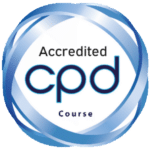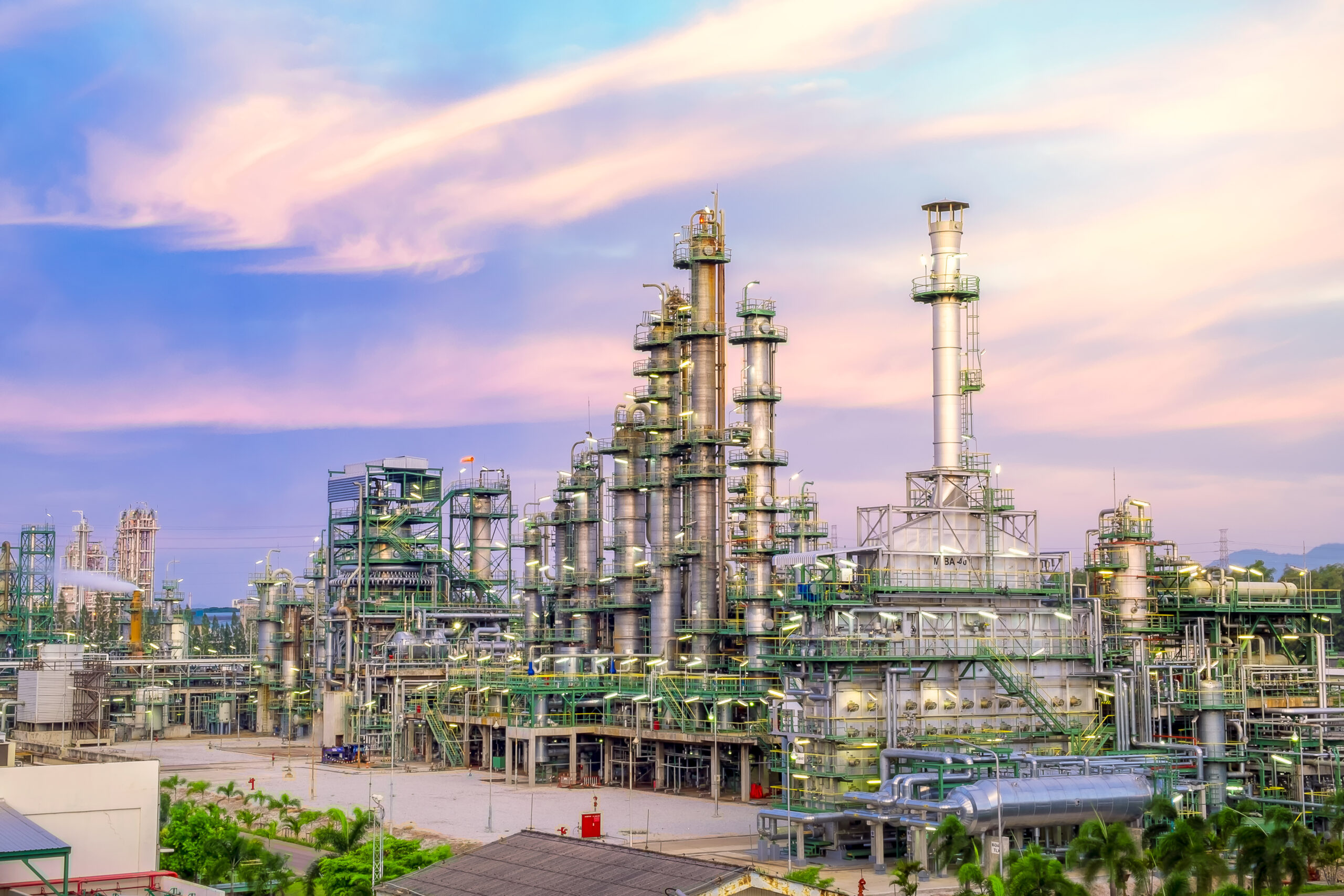Fuel Oil & Fuel Oil Blending
Consultant/Trainer: Dr Frans van den Berg
The Petrogenium Fuel Oil & Fuel Oil Blending course will provide an introduction into marine fuel oil, its uses, specifications & components. In addition numerous best practices on blending product, guidelines to optimize product quality, assure stability and minimize give-away are covered. Various case studies will address real-life problems.

Pricing
€2350
Location
Amsterdam, The Netherlands
Dates
15-16 April 2025
About the Trainer
Frans is a passionate leader, researcher and world-class expert with more than 35 years’ international experience in Syngas Technologies, Catalysis, Residue Hydroconversion, Gas treating, Crude Oil, Heavy Fuel, Jet Fuel Product Qualities and Emerging Technologies in the Heavy Oil field.
Paul is an experienced Petroleum Product Specialist with a demonstrated history of working in the Oil & Energy Industry for over 35 years. His specific areas of expertise cover Product Quality Assurance through the whole supply chain, including introduction of biofuels.
Participants
This Petrogenium course can be tailored for awareness/inexperienced staff, for intermediate and for experienced personnel. Furthermore the course can be customized for a specific refinery, plant or unit. The option for post-course consultancy/help-desk support is also available.
Participants may include: technical staff, supervisors and managers in refining, marketing, trading, economic planning and laboratories who need better technical understanding of bunker fuel and bunker fuel blending; it is also highly suited for Fuel oil traders as well as bunker operators.
Participants may include: technical staff, supervisors and managers in refining, marketing, trading, economic planning and laboratories who need better technical understanding of bunker fuel and bunker fuel blending; it is also highly suited for Fuel oil traders as well as bunker operators.


Learning Objectives
Increase participants knowledge on the fuel oil business. Understand ISO standards, blending rules, and compatibility of blend components. How to optimize bunker fuel blending and control fuel oil quality. Understand the role of sampling and lab testing. Introduction to fuel oil economics. Discuss typical fuel oil complaints and complaints handling.
The course can be given as a 2-day training or as 4-5 half-days.
The course can be given as a 2-day training or as 4-5 half-days.
1st day
Introduction to Fuel Oil
2nd day
Blend control & quality assurance
Course evaluation
Introduction to Fuel Oil
- What is fuel oil, brief history; Manufacturing routes
- Blendstock components & their properties; Supply & demand trends towards 2022
- ISO 8217 & latest changes; Relevance of individual properties & test methods
- Fit-for-purpose vs on-spec; Developments & future changes
- Fundamentals of asphaltene stability, Current test methods; Prediction of stability & compatibility
- Best practices; Exercise on fuel oil stability; Case studies on bunker oil stability problems
- Why blending is necessary; Blending systems (in tank, in-line, in-line with ratio control)
- Linear & non-linear blending rules; unusual blending components; blending software & equipment
- Exercise on viscosity blending
2nd day
Blend control & quality assurance
- Quality management; documentation; MARPOL samples
- Fuel oil tanks; mixing systems; additives
- Role of the laboratory (including repeatability & reproducibility);
- Benefits laboratory testing & on-line testing; types of on-line testing methods
- Lab testing standards (ISO9001/17025, ASTM/IP/ISO test methodology)
- Blending tools & optimisation; single & multi-blend optimisation
- Quality give-away; ensuring the maximum profit from a blend
- Current status; impact on bunker fuel customers; impact on fuel quality & pricing
- Necessary components for 0.5% VLSFO blending; challenges & problems;
- Ensuring stability & compatibility; avoiding off-spec fuel from blending operations
- Survey fuel oil complaints; examples of problem fuels; ISO 4259 for dispute handling
- Complaint handling exercise
- Responsibilities for bunker fuel quality; warranties under bunker supply contract
- Contamination of bunkers & blend incompatibility; BIMCO bunker quality & liability clause; ISO 8217
- Potential legal claims (Charterers vs Contractual Bunker Suppliers vs Physical Bunker Suppliers vs Owners); Claims and claims handling; Bunker supplier defence
Course evaluation
Programme
1st day
Introduction to Fuel Oil
2nd day
Blend control & quality assurance
Course evaluation
Introduction to Fuel Oil
- What is fuel oil, brief history; Manufacturing routes
- Blendstock components & their properties; Supply & demand trends towards 2022
- ISO 8217 & latest changes; Relevance of individual properties & test methods
- Fit-for-purpose vs on-spec; Developments & future changes
- Fundamentals of asphaltene stability, Current test methods; Prediction of stability & compatibility
- Best practices; Exercise on fuel oil stability; Case studies on bunker oil stability problems
- Why blending is necessary; Blending systems (in tank, in-line, in-line with ratio control)
- Linear & non-linear blending rules; unusual blending components; blending software & equipment
- Exercise on viscosity blending
2nd day
Blend control & quality assurance
- Quality management; documentation; MARPOL samples
- Fuel oil tanks; mixing systems; additives
- Role of the laboratory (including repeatability & reproducibility);
- Benefits laboratory testing & on-line testing; types of on-line testing methods
- Lab testing standards (ISO9001/17025, ASTM/IP/ISO test methodology)
- Blending tools & optimisation; single & multi-blend optimisation
- Quality give-away; ensuring the maximum profit from a blend
- Current status; impact on bunker fuel customers; impact on fuel quality & pricing
- Necessary components for 0.5% VLSFO blending; challenges & problems;
- Ensuring stability & compatibility; avoiding off-spec fuel from blending operations
- Survey fuel oil complaints; examples of problem fuels; ISO 4259 for dispute handling
- Complaint handling exercise
- Responsibilities for bunker fuel quality; warranties under bunker supply contract
- Contamination of bunkers & blend incompatibility; BIMCO bunker quality & liability clause; ISO 8217
- Potential legal claims (Charterers vs Contractual Bunker Suppliers vs Physical Bunker Suppliers vs Owners); Claims and claims handling; Bunker supplier defence
Course evaluation